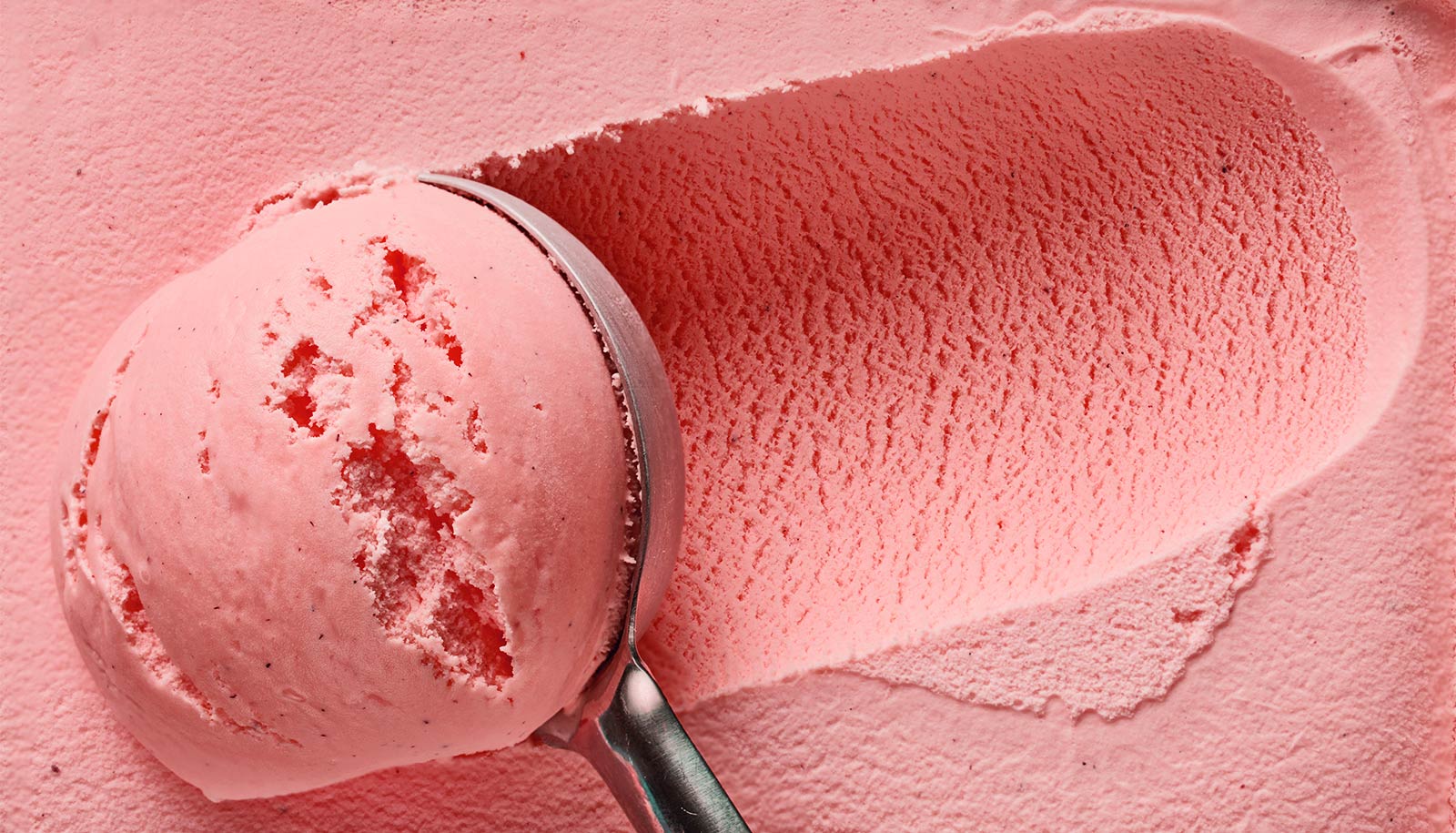Researchers have unveiled a groundbreaking synthetic protein derived from fish blood that effectively prevents both food and drugs from freezing. Known for its detrimental effects, freezer burn creates ice crystals that compromise not only the texture of ice cream but can also destroy critical structures within living cells or biological medicines, such as enzymes and antibodies, which are often transported at freezing temperatures.
Unlike ethylene glycol, the toxic antifreeze prevalent in cars, this new approach turns to nature for alternatives. Polar fish have developed proteins within their blood that inhibit the formation of ice, effectively allowing them to survive in frigid waters. Scientists from the University of Utah’s John and Marcia Price College of Engineering have successfully synthesized a simplified version of this natural protein, making it feasible for mass production while still highly effective in preventing ice crystal formation at sub-zero temperatures.
The research team, led by Jessica Kramer, an associate professor in biomedical engineering, along with graduate student Thomas McParlton, conducted experiments that showcased their synthetic polypeptides’ effectiveness across various applications. They tested these proteins on ice cream, which remained stable at temperatures as low as minus 4 degrees Fahrenheit, and on the anti-cancer drug Trastuzumab, which withstood dramatic lows of minus 323 degrees Fahrenheit.
Funded by the National Science Foundation, their findings were published in the journal *Advanced Materials*. The study has drawn attention for its potential to revolutionize how sensitive biological materials are stored and transported.
Historically, scientists have sought to harness the power of naturally occurring antifreeze proteins found in certain polar fish species, along with some insects and plants. However, difficulties in extracting these proteins in sufficient quantities for commercial use and concerns over allergen contamination have impeded progress.
To tackle these challenges, Kramer and her team meticulously identified the physical and chemical characteristics of the proteins responsible for their antifreeze properties. Earlier studies published in *Chemistry of Materials* and *Biomacromolecules* highlighted the critical structural elements of these natural proteins, providing a foundation for the synthetic model.
Kramer explained, “Ultimately, we simplified the structure to only the parts we thought were required for antifreeze activity, which makes production less complicated and expensive.” She further noted, “Despite those changes, this study showed that our mimics bind to the surface of ice crystals and inhibit crystal growth, just like natural antifreeze proteins.”
McParlton added a significant advantage of their approach, stating, “Best of all, we make these mimics entirely using chemistry—no fish or cells required.”
The researchers conducted various tests demonstrating that their synthetic molecules are non-toxic to human cells, digestible by enzymes in the human gut, and resilient to heat, which is crucial for food applications. Additionally, they tested the effects of freeze/thaw cycles on sensitive enzymes and antibodies and found that the mimics provided protection against potential damage.
Kramer highlighted the real-world implications of their work, saying, “We also showed that we can inhibit ice crystals in ice cream, which often happens during shipping or when people take the carton in and out of the freezer.”
Looking to the future, the research team envisions that these synthetic proteins could have applications that extend far beyond ice cream. They anticipate that their technology can improve the shelf life of various frozen foods and enhance the storage and transport of life-saving biological materials. Currently, the innovation is patent pending, and the team is in the process of launching a startup, Lontra Bio LLC, aimed at commercializing these synthetic antifreeze proteins.
This study signals a significant advancement in food and pharmaceutical preservation, illustrating the benefits of nature-inspired science. The knowledge shared in this research paves the way for new standards in how we handle temperature-sensitive items.
The additional coauthors of this study include experts from both the University of Utah and Boise State University, further demonstrating a collaborative effort in this vital research area. The support from the National Science Foundation underscores the importance of funding such innovative scientific investigations.






